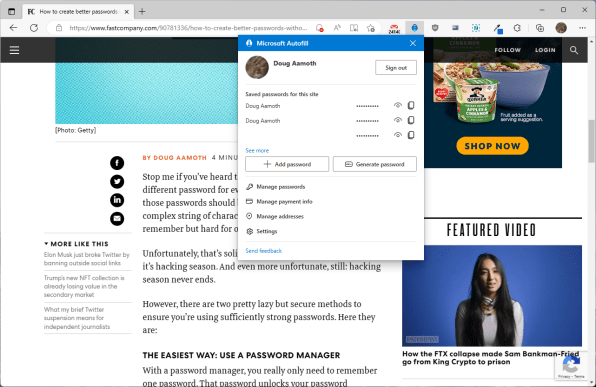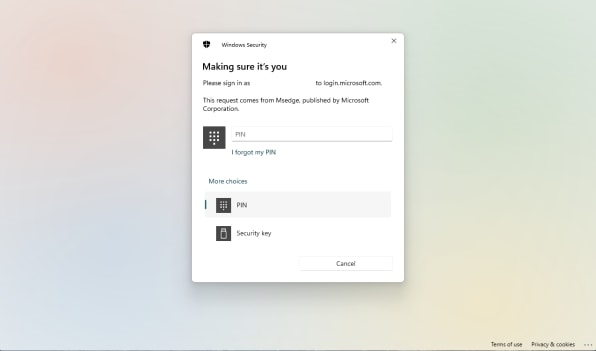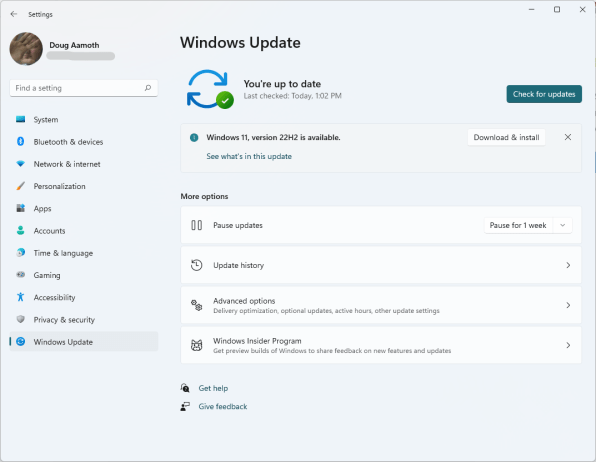3 simple, free ways to improve your online security in 2023
Get in shape. Get organized. Straighten out your finances. These are all great New Year’s resolutions, but I implore you to add shoring up your online security to the list. And luckily, it’s way easier than most of the other self-improvement initiatives you might tackle.
Best of all, it’s a gift that keeps on giving. Here are a few easy, free ways to improve your online security in the coming year.
Start using a password manager
It’s tempting to use the same password for multiple accounts. But if you do, a hacker who gains access to one of your accounts will have access to all of them. And unless you’re the most organized person on earth, it’s just not humanly possible to manually keep track of a unique, strong password for every site you use.
Instead, use a password manager. These tools generate strong, unique passwords for each of your accounts and store them securely.

Bitwarden is a great, free one that’s not tied to any particular platform. But you don’t even need a stand-alone password-managing utility: If you use the same web browser on all your devices—say, Chrome or Microsoft Edge, for instance—you can sync passwords seamlessly and for free. Windows, MacOS, Android, and iOS all have built-in password management, too.
Aside from storing and managing your passwords, password managers also pull double duty to thwart phishing emails that try to steal your login credentials.
That’s because password managers only recognize and auto-fill your login details on legit pages. So, if you get an email that looks like it’s from Amazon, for instance, but it sends you to Amazone.com and asks you to enter your username and password, your password manager will do nothing, as it doesn’t recognize Amazone.com as the real deal.
If you follow no other advice on this list, at least try to work on your passwords this year. Here’s a previous article with additional password advice.
Enable two-factor authentication
More and more online services are embracing two-factor authentication. Wherever possible, you should enable it.
Two-factor authentication adds an extra layer of security to your accounts by requiring a second form of authentication, such as a code sent to your phone or a secret PIN in addition to your password.

It’s a tiny speed bump for you when logging in, but it works wonders to prevent unauthorized access even if your password is compromised.
There’s a helpful site called 2FA Directory that lets you look up which popular sites support (and don’t support) two-factor authentication.
Keep your devices and software up to date
Software updates often include important security patches, so it’s important to keep your devices and software up to date.
This includes your computer’s operating system, your phones and tablets, and any apps or programs you use.

It’s important to apply patches as soon as you can. Once a patch has been made public, cyber criminals get to work reverse engineering it so they can go after devices and software that hasn’t yet been updated.
(44)



